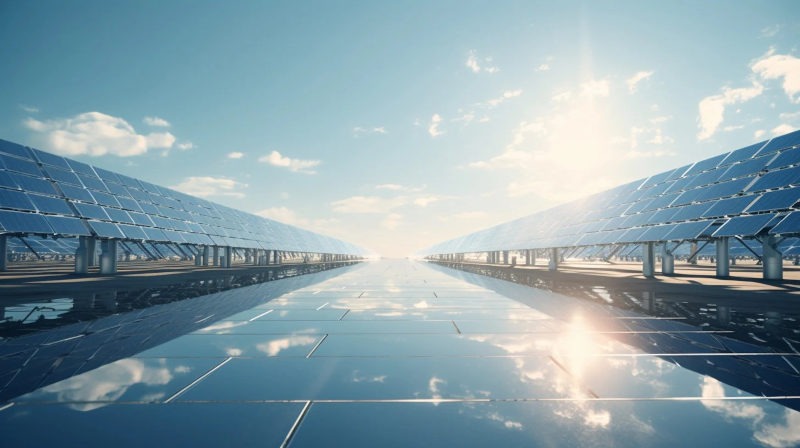Richard Butler | Exclusive Report by Daniel Hall of ENERGY PORTAL EU | JUNE 17th, 2023
Exploring the Potential of Renewable Energy Sources in Vanuatu’s Growing Market
Vanuatu, an archipelago of more than 80 islands in the South Pacific, is experiencing a growing demand for energy as its population and economy continue to expand. The country’s energy market is currently heavily reliant on imported fossil fuels, which are not only expensive but also contribute to global greenhouse gas emissions. As a result, there is a pressing need for Vanuatu to explore alternative, more sustainable energy sources to meet its increasing energy needs and reduce its carbon footprint.
One of the most promising avenues for meeting Vanuatu’s energy needs is the development of renewable energy sources. The country’s abundant natural resources, such as sunlight, wind, and geothermal energy, make it an ideal candidate for the deployment of renewable energy technologies. Furthermore, the government of Vanuatu has recognized the importance of transitioning to a more sustainable energy mix and has set ambitious targets for increasing the share of renewable energy in the country’s total energy consumption.
In recent years, Vanuatu has made significant strides in harnessing its renewable energy potential. Solar power, in particular, has emerged as a key player in the country’s energy market. With abundant sunshine throughout the year, solar energy has the potential to meet a significant portion of Vanuatu’s electricity needs. The government has already implemented several solar projects, including the installation of solar panels on public buildings and the distribution of solar home systems to rural households. These initiatives have not only increased the share of renewable energy in the country’s energy mix but have also improved access to electricity for remote communities.

Wind energy is another promising renewable energy source for Vanuatu. The country’s coastal location and consistent trade winds make it well-suited for the development of wind power projects. In fact, a recent study conducted by the World Bank found that Vanuatu has the potential to generate up to 200 megawatts of wind power, which could significantly reduce the country’s reliance on imported fossil fuels. The government is currently exploring the feasibility of installing wind turbines on several islands, with the aim of further diversifying the country’s energy mix and reducing its dependence on expensive, imported fuels.
In addition to solar and wind power, Vanuatu also has significant geothermal energy potential. The country’s volcanic geology provides a natural source of heat that can be harnessed to generate electricity. Preliminary studies have identified several potential geothermal sites, and the government is currently working with international partners to conduct further assessments and develop the necessary infrastructure to tap into this resource.
The development of renewable energy sources in Vanuatu is not only crucial for meeting the country’s growing energy needs but also for fostering economic growth and reducing poverty. By reducing its reliance on imported fossil fuels, Vanuatu can reduce its vulnerability to volatile global oil prices and improve its energy security. Furthermore, the deployment of renewable energy technologies can create new job opportunities and stimulate investment in the country’s energy sector.
In conclusion, Vanuatu’s abundant natural resources and growing energy market present a unique opportunity for the development of renewable energy sources. By harnessing its solar, wind, and geothermal potential, the country can not only meet its increasing energy needs but also reduce its carbon footprint and foster sustainable economic growth. With the government’s commitment to promoting renewable energy and the support of international partners, Vanuatu is well-positioned to become a leader in the transition to a more sustainable energy future.





